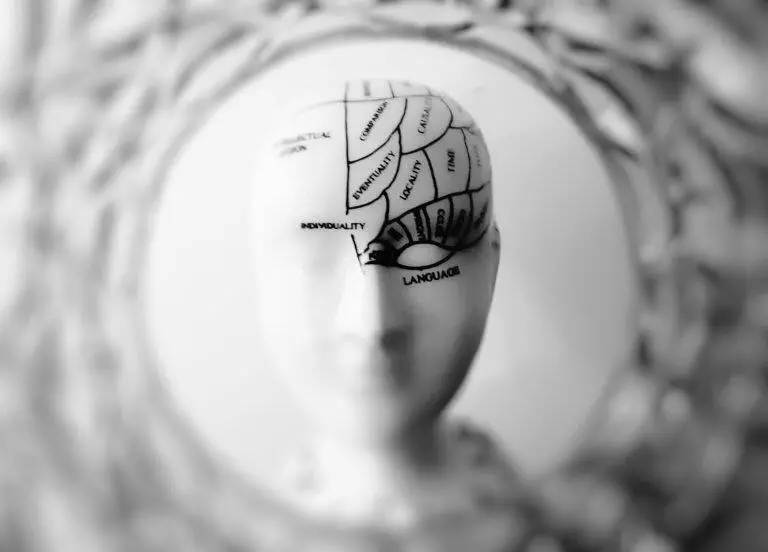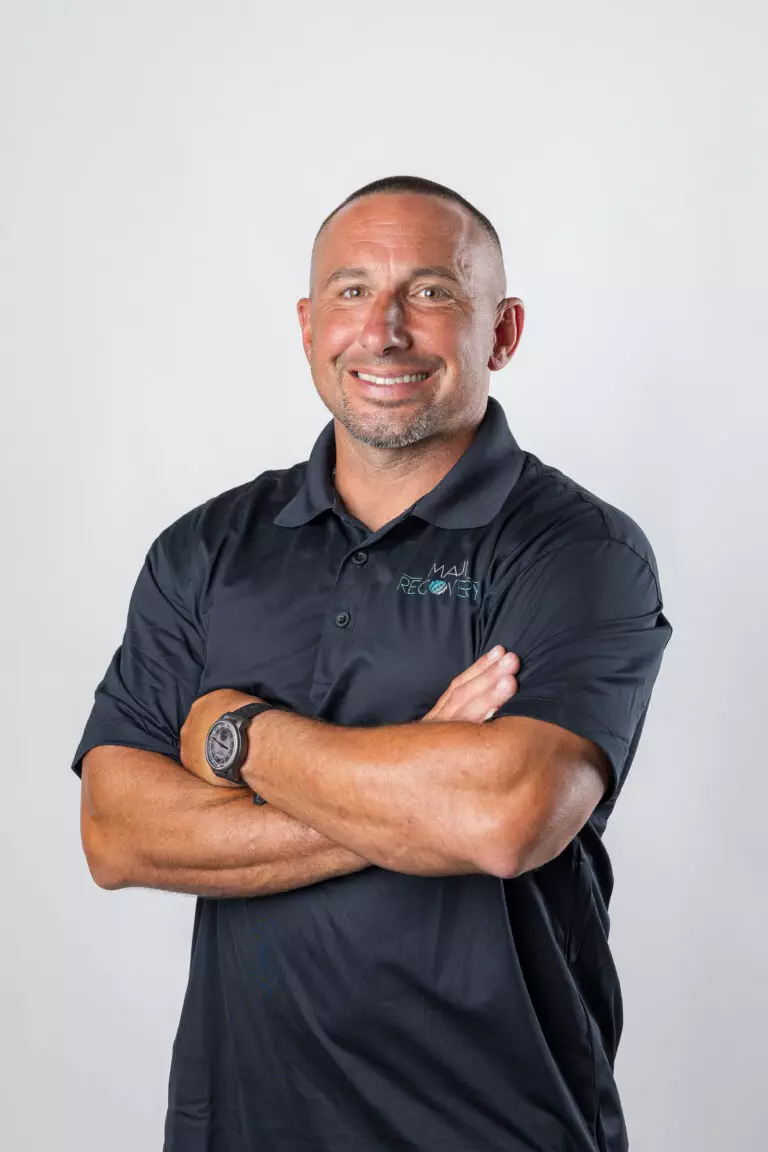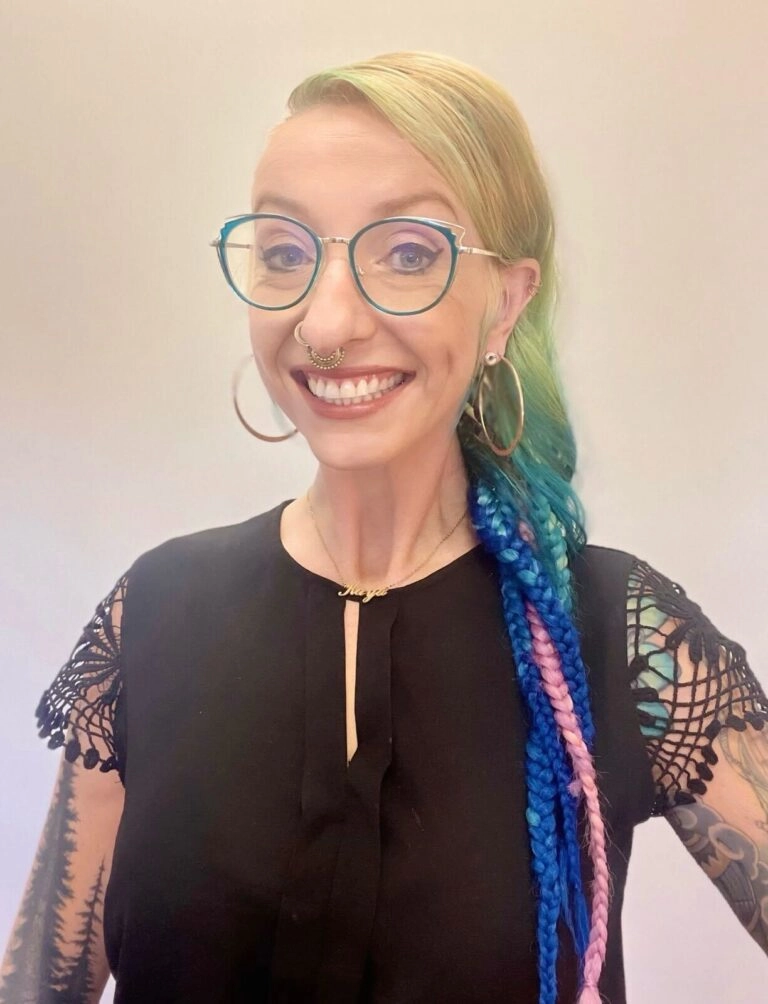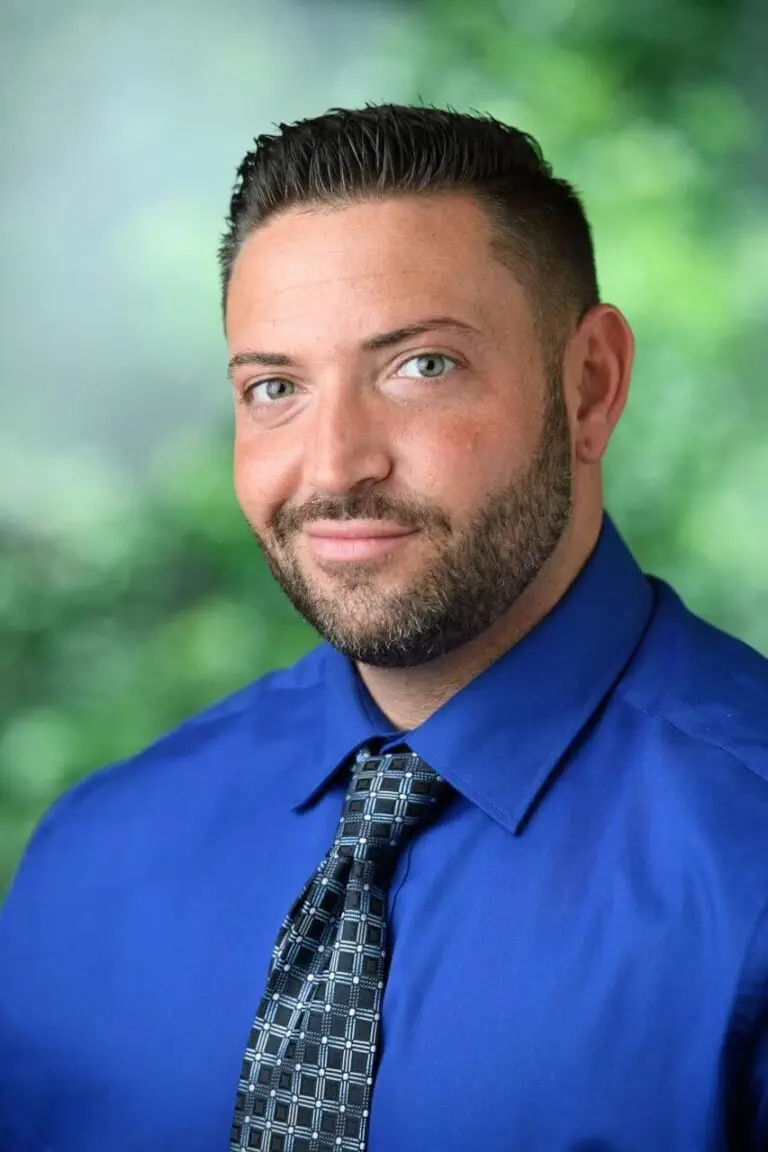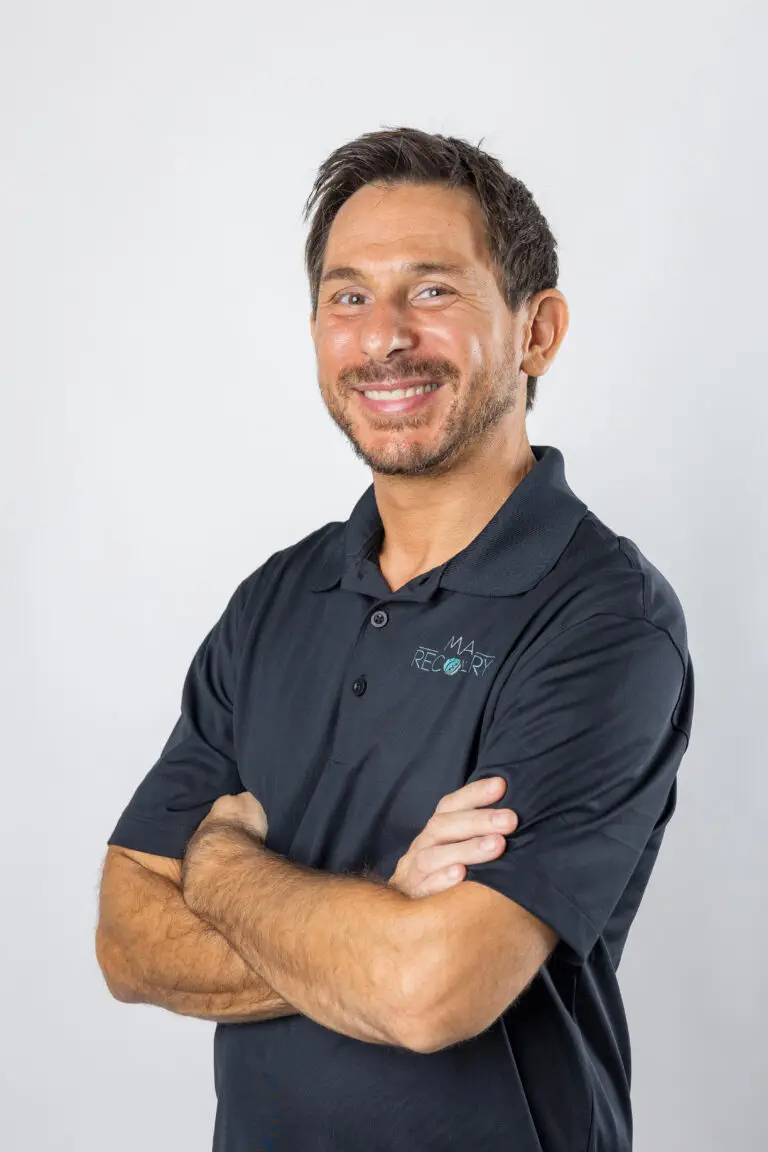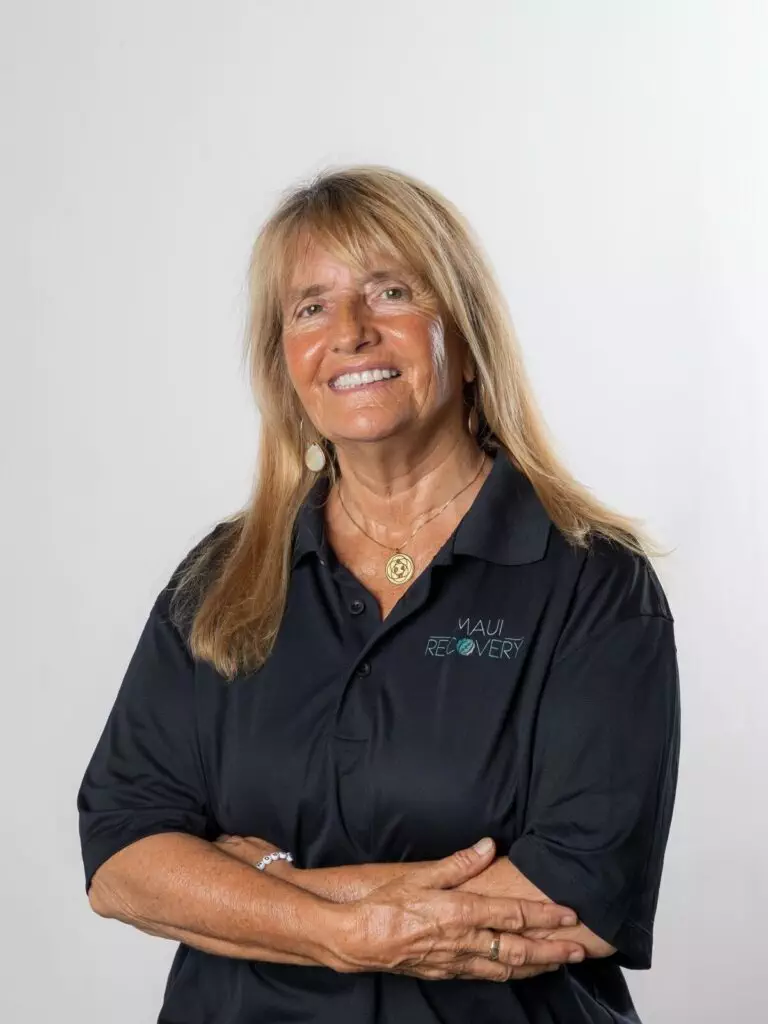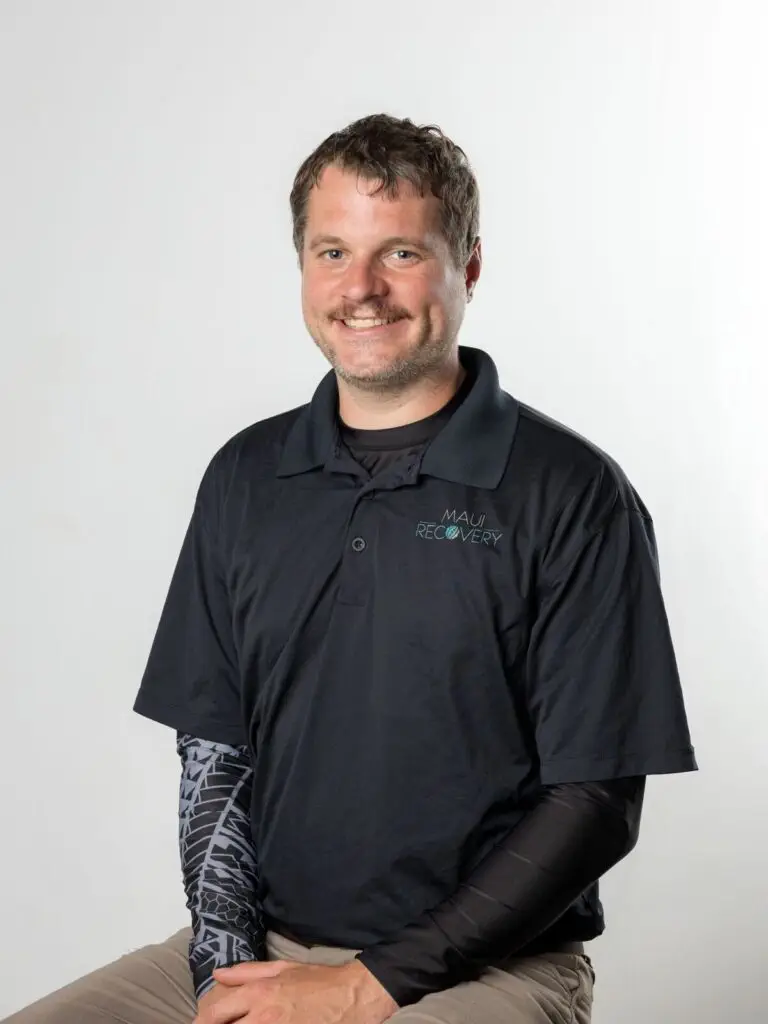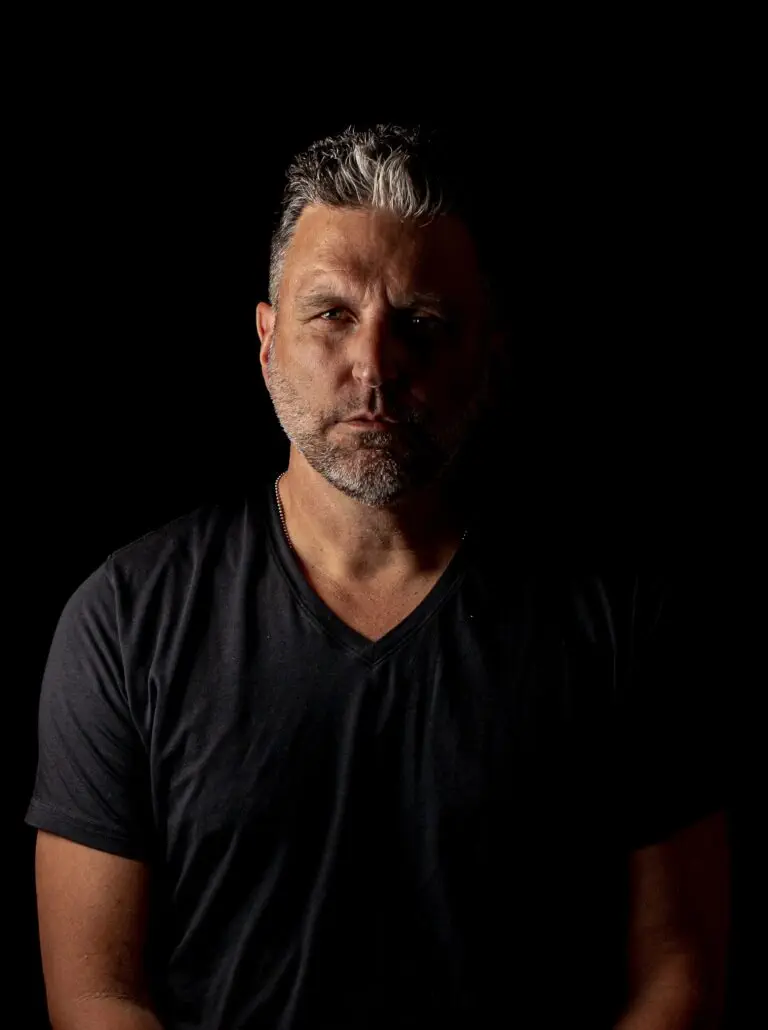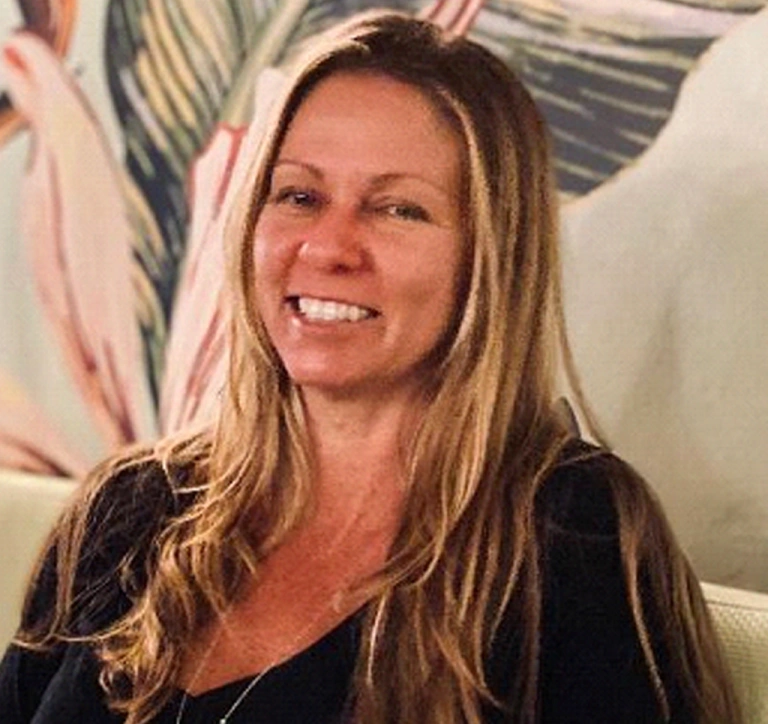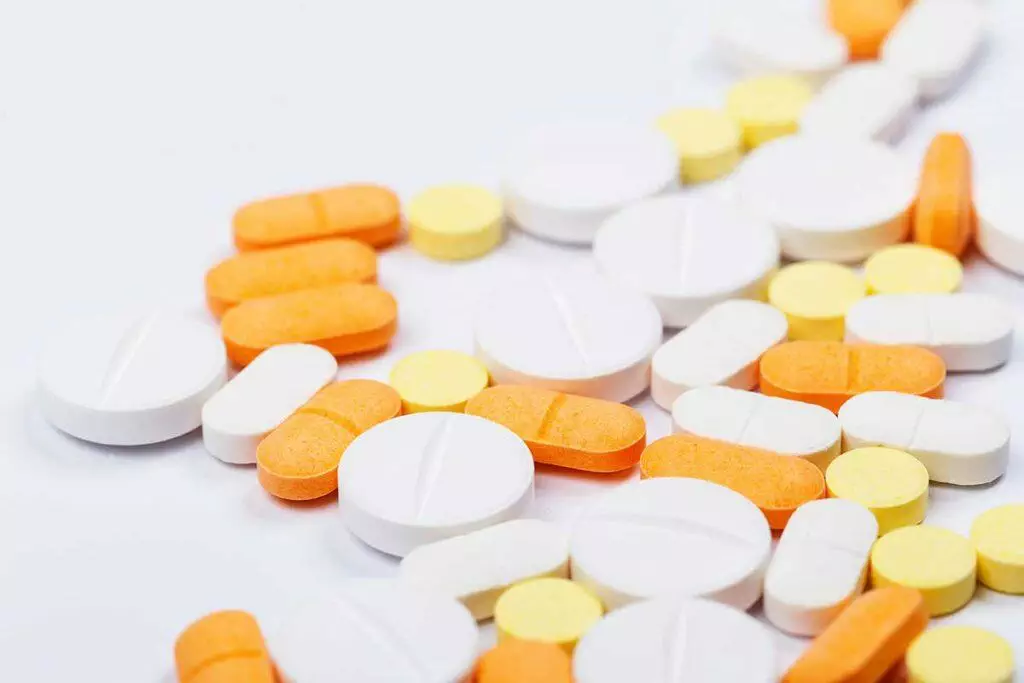“Getting sober was the single bravest thing I’ve ever done and will ever do in my life. Not [running] a 5K—facing addiction and being courageous enough to acknowledge it privately with my family and friends, working hard at solidifying it, getting support around it, and being healthy. And then talking about it publicly. That is the single greatest accomplishment of my life.” – Jaime Lee Curtis
TreatmentMaui Recovery provides treatments proven to be effective for opioid addiction, including CBT, Group Therapy, and a comprehensive aftercare program. But we also go one step further. Drawing upon Joseph Campbell’s work on myth and archetype, our expert clinicians guide each client through their own “Hero’s Journey.” This unique approach not only aids in overcoming addiction but also in rediscovering purpose and self-worth, leading to renewed strength and fulfillment.
The Effects of Opioid Abuse
The repercussions of opioid abuse extend far beyond the individual, leaving a profound impact on every aspect of their life and those around them. From short-term consequences to long-term devastation, opioid misuse can ravage lives and communities alike.
Some of the devastating effects observed include:
Opioid addiction is characterized by a compulsive urge to use these drugs, irrespective of medical necessity. Even when prescribed appropriately, opioids possess a high potential for addiction. Many individuals misuse or divert prescription opioids, prioritizing drug use over all other aspects of life, including professional and personal relationships.
Recognizing the multifaceted impact of opioid abuse underscores the urgent need for comprehensive intervention strategies, including prevention, treatment, and support services, to address this pervasive public health crisis.
Statistics on Opioid Addiction
- In 2019, an estimated 10.1 million people aged 12 or older misused opioids in the past year. Specifically, 9.7 million people misused prescription pain relievers, and 745,000 people used heroin.
- Emergency department visits for opioid overdoses rose 30% in all parts of the US from July 2016 through September 2017.
- More than one million people have died since 1999 from a drug overdose, with 3 out of 4 of those deaths involving the use of opioids. In the wake of the recent opioid crisis, Maui Recovery remains vigilant when recognizing and treating this affliction.
Signs & Symptoms of Opioid Abuse
Recognizing the signs and symptoms of opioid abuse and overdose is crucial for prompt intervention and potentially life-saving assistance. If you suspect an opioid overdose in yourself or someone else, it’s imperative to act swiftly by calling 911 and seeking professional medical attention without delay.
Symptoms of opioid overdose include:
- Unresponsiveness
- Slow, irregular breathing
- Slow, erratic pulse
- Constricted (pinpoint) pupils
- Choking or snoring sounds
- Confusion or delirium
- Vomiting or gurgling sounds
- Bluish tint to lips and fingernails
Moreover, understanding the signs of opioid abuse can aid in early detection and intervention:
- Frequent flu-like symptoms
- Theft or stealing from family, friends, or businesses
- Uncontrollable cravings for opioids
- Neglecting or abandoning responsibilities
- Decreased motivation and initiative
- Anxiety attacks
By being vigilant and aware of these indicators, individuals and their loved ones can take proactive steps toward seeking help, accessing treatment, and preventing the devastating consequences of opioid misuse and overdose.
Why Choose Maui Recovery for Opioid Treatment
Maui Recovery is a top choice for opioid treatment for various reasons, including:
- Inpatient treatment: We exclusively offer inpatient rehab for opioid addiction so we can provide an immersive treatment experience. Here, at our specialized center, you can remove yourself from your usual setting and the triggers there to dedicate yourself fully to your recovery. Our inpatient treatment model ensures that you are surrounded by positive people in a supportive environment designed to enhance your recovery.
- Detox care: The first step for many people in their opioid addiction recovery journey is detox, and our onsite team can help you move through this phase safely. Our medical professionals are equipped to keep you comfortable and safe through this stage of recovery.
- Luxury amenities: Our treatment center boasts five-star amenities to enhance your comfort during your time with us. Enjoy our pool and spa, and relax in the comfort of private rooms.
Together, these aspects enable us to provide high-quality opioid addiction treatment in a beautiful setting. With expert-led programs and a comfortable location, Maui Recovery provides the ultimate treatment experience.
Personalized & Holistic Opioid Treatment Program
At Maui Recovery, we offer a comprehensive program specifically designed to address opioid addiction and support individuals on their journey to recovery. Located amidst the serene beauty of Maui, our program provides a healing environment conducive to holistic healing and personal growth.
Our opioid addiction treatment program is tailored to meet the unique needs of each individual, recognizing that addiction is a complex and multifaceted condition that requires personalized care. We employ evidence-based therapeutic modalities, integrated with experiential activities and cultural immersion, to promote healing on all levels—physical, emotional, mental, and spiritual.
One of the cornerstones of our program is our holistic approach, which recognizes the interconnectedness of mind, body, and spirit. Through a combination of traditional therapies such as cognitive-behavioral therapy (CBT), dialectical behavior therapy (DBT), and motivational interviewing, alongside holistic modalities like yoga, meditation, and mindfulness practices, we address the underlying issues contributing to opioid addiction while promoting overall well-being and balance.
Our program emphasizes experiential learning and adventure therapy, harnessing the natural beauty and resources of Maui to facilitate healing and personal transformation. Activities such as surfing, hiking, and equine-assisted therapy provide opportunities for self-discovery, empowerment, and building resilience—essential qualities for long-term recovery.
We also prioritize a supportive and nurturing community environment where individuals feel accepted, understood, and encouraged on their path to recovery. Our team of experienced professionals, including counselors, therapists, and addiction specialists, provides compassionate support and guidance every step of the way.
Learn More About Our Opioid Treatment Center in Hawaii
Maui Recovery offers a comprehensive and holistic program for individuals grappling with opioid addiction. Through evidence-based therapies, experiential activities, and a supportive community environment, we provide the tools and resources necessary for healing and transformation.
Our opioid rehab program is rooted in the belief that recovery is possible for everyone, and we are committed to guiding individuals toward a life of sobriety, purpose, and fulfillment. If you or a loved one is struggling with opioid addiction, we invite you to embark on this journey of recovery with us. Together, we can overcome the challenges of addiction and embrace a brighter, healthier future – contact us today.
